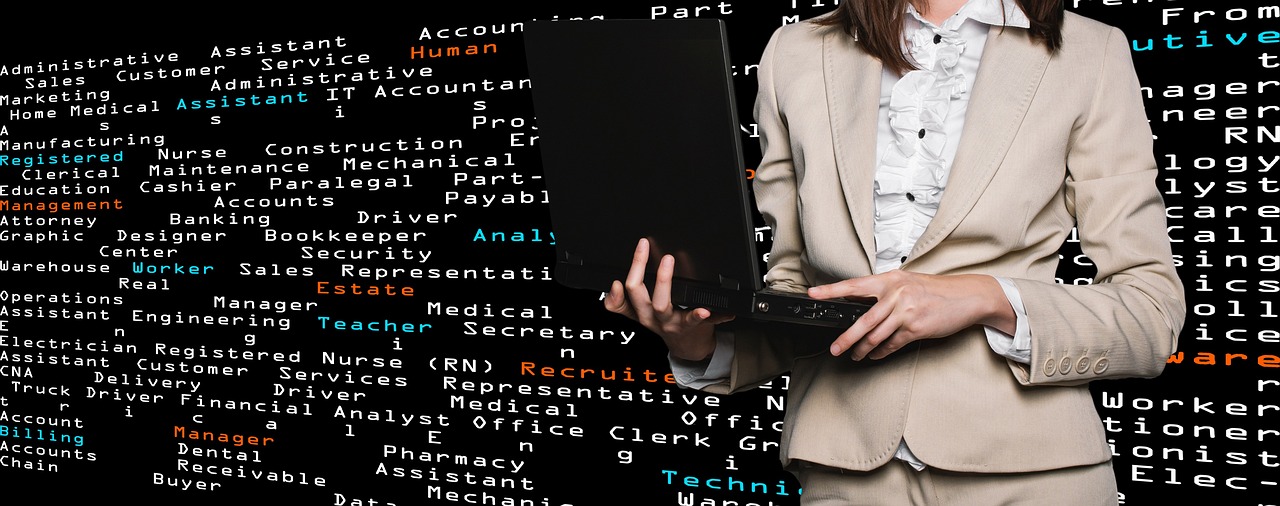Blockchair and Web3 Antivirus Revolutionize Blockchain Security with Real-Time Wallet Risk Scoring

Brief news summary
The rapid expansion of cryptocurrency has increased blockchain activity but also amplified risks, with illicit transactions reaching $51 billion in 2024 and over $649 billion in stablecoin flows linked to high-risk addresses. Sophisticated scams like address poisoning—small deceptive transfers from lookalike addresses—are on the rise, tricking even experienced users. Traditional blockchain explorers such as Etherscan provide neutral data without assessing risks, sometimes enabling scammers to exploit similar addresses or spread phishing tokens. To combat this, platforms like Blockchair are evolving into proactive security tools by integrating risk analytics. Blockchair’s new dApp Gallery features solutions like Web3 Antivirus’s Toxic Score, which assesses wallet addresses for malicious activity, offers real-time threat alerts, and blocks fraudulent transactions, including an $80,000 transfer tied to terrorism financing. By combining security insights with blockchain data, this approach promotes safer user decisions, builds trust in Web3, and strengthens ecosystem resilience. Security-focused explorers, including Cointelegraph’s live wallet checker powered by Web3 Antivirus, enhance user confidence, protect legitimate projects, and foster transparency and safety—marking a future where blockchain openness is paired with essential security measures.The rapid rise in cryptocurrency adoption has caused unprecedented blockchain activity across diverse networks and protocols, but it also brings risks of similar magnitude. Even seasoned crypto users relying on raw wallet data fall victim to onchain scams, turning blockchain transparency into a double-edged sword. In 2024 alone, illicit crypto transactions reached a record $51 billion, with recent reports linking over $649 billion in stablecoin flows to high-risk addresses. Scams have grown increasingly sophisticated, such as address poisoning, where attackers send tiny transactions from lookalike addresses to deceive users. For example, one scammer tricked a crypto whale out of $68 million using this method. Such cases highlight that blockchain explorers are no longer straightforward tools: merely seeing a token or transfer in a wallet doesn't guarantee legitimacy. Users require contextual information and warnings instead of just raw data. Traditional block explorers like Etherscan have provided neutral data—balances, addresses, and transactions—without indicating potential risks, leaving safety judgments solely to users. Scammers exploit this neutrality by airdropping phishing tokens or using address poisoning to mislead victims into copying malicious addresses. Without embedded security alerts, these explorers unintentionally confer credibility on fraud. In response, the industry is evolving from passive block explorers into proactive security platforms. Several explorers now incorporate risk analytics directly into their interfaces. For instance, Blockchair, a leading multichain explorer, recently launched a feature called dApp Gallery that embeds third-party security tools and checks directly on address pages. This innovation transforms address pages into interactive hubs where users can engage with blockchain data beyond mere numbers. Through dApp Gallery, users access specialized third-party tools—such as AML risk analysis, airdrop alerts, and printable reports—within the explorer itself, eliminating the need for external resources. Maxim Surin from Blockchair stated that partnering with Web3 Antivirus to integrate their Risk Score aligns with their mission to provide transparent, user-centric data. The integration of Web3 Antivirus’s insights makes Blockchair a trusted resource for essential blockchain exploration, a development widely welcomed by the Web3 community. A key highlight in dApp Gallery is Web3 Antivirus’s wallet scoring system, which offers a Toxic Score rating potential malicious activity like scams, phishing, or sanctioned transactions.
This score is displayed in real time on Blockchair’s explorer pages via a “Wallet Scoring by Web3 Antivirus” widget. The tool effectively flags poisoned addresses—those involved in deceptive minimal transactions—allowing users to avoid interacting with fraudsters. This integration turns explorers from passive data viewers into active warning platforms. Such alerts have already prevented serious losses; for example, a user attempting an $80, 000 transfer was stopped when the system flagged the recipient’s wallet for links to terrorism financing, aborting the transaction and averting potential loss or legal issues. Embedding similar warnings directly in block explorers gives users early, crucial insights at decision points when researching addresses or tokens. This emerging generation of security-enhanced explorers like Blockchair reflects a broader movement toward proactive user protection in crypto. Rather than leaving interpretation to users, these tools automatically surface security warnings and context, a necessity as scams grow more inventive. A seemingly harmless random address might conceal a history of fraud, but now explorers can instantly reveal such risks. Balancing enhanced security features with blockchain’s open neutrality is challenging, but the industry appears to be striking that balance. Other projects and wallets are likely to adopt similar threat intelligence integrations to protect users from fake tokens and spoofed addresses. Improved trust benefits all parties: users transact more confidently, legitimate projects suffer fewer incidents, and the Web3 ecosystem grows more resilient. Blockchair’s dApp Gallery and Web3 Antivirus’s Toxic Score integration exemplify this user-focused security approach, where transparency and safety coexist. For those wishing to experience this technology, Cointelegraph offers a live wallet checker powered by Web3 Antivirus. Users can input any wallet address to instantly see its Toxic Score and risk analysis. Such embedded security tools may soon become standard in blockchain exploration, shifting explorers from passive windows to active guardians of decentralization. To learn more, explore Web3 Antivirus and Blockchair. Disclaimer: Cointelegraph does not endorse any content or product herein. Readers should conduct independent research and bear responsibility for their decisions. This article does not constitute investment advice.
Watch video about
Blockchair and Web3 Antivirus Revolutionize Blockchain Security with Real-Time Wallet Risk Scoring
Try our premium solution and start getting clients — at no cost to you

I'm your Content Creator.
Let’s make a post or video and publish it on any social media — ready?
Hot news

Google's Danny Sullivan & John Mueller On SEO For…
John Mueller from Google hosted Danny Sullivan, also from Google, on the Search Off the Record podcast to discuss "Thoughts on SEO & SEO for AI

Lexus takes generative AI for a spin in new holid…
Dive Brief: Lexus has launched a holiday marketing campaign created using generative artificial intelligence, according to a press release

2025 was the year AI-generated videos flooded soc…
In 2025, social media experienced a profound transformation as AI-generated videos swiftly came to dominate platforms like YouTube, TikTok, Instagram, and Facebook.

AI is creating a security problem most companies …
Companies may have cybersecurity teams in place, yet many remain unprepared for the ways AI systems actually fail, according to an AI security researcher.

FirstFT: AI debt boom pushes US corporate bond sa…
An essential component of this site failed to load.

Career Change in 2026? The ‘easiest’ AI jobs to e…
Photo by Paulina Ochoa, Digital Journal As many pursue careers leveraging AI technology, how accessible are these roles? A new study by digital learning platform EIT Campus identifies the easiest AI jobs to enter in Europe by 2026, showing some positions require only 3-6 months of training without needing a computer science degree

AI in Video Games: Enhancing Realism and Player E…
The gaming industry is rapidly transforming through the integration of artificial intelligence (AI) technologies, fundamentally changing how games are developed and experienced by players.
AI Company
Launch your AI-powered team to automate Marketing, Sales & Growth

and get clients on autopilot — from social media and search engines. No ads needed
Begin getting your first leads today








